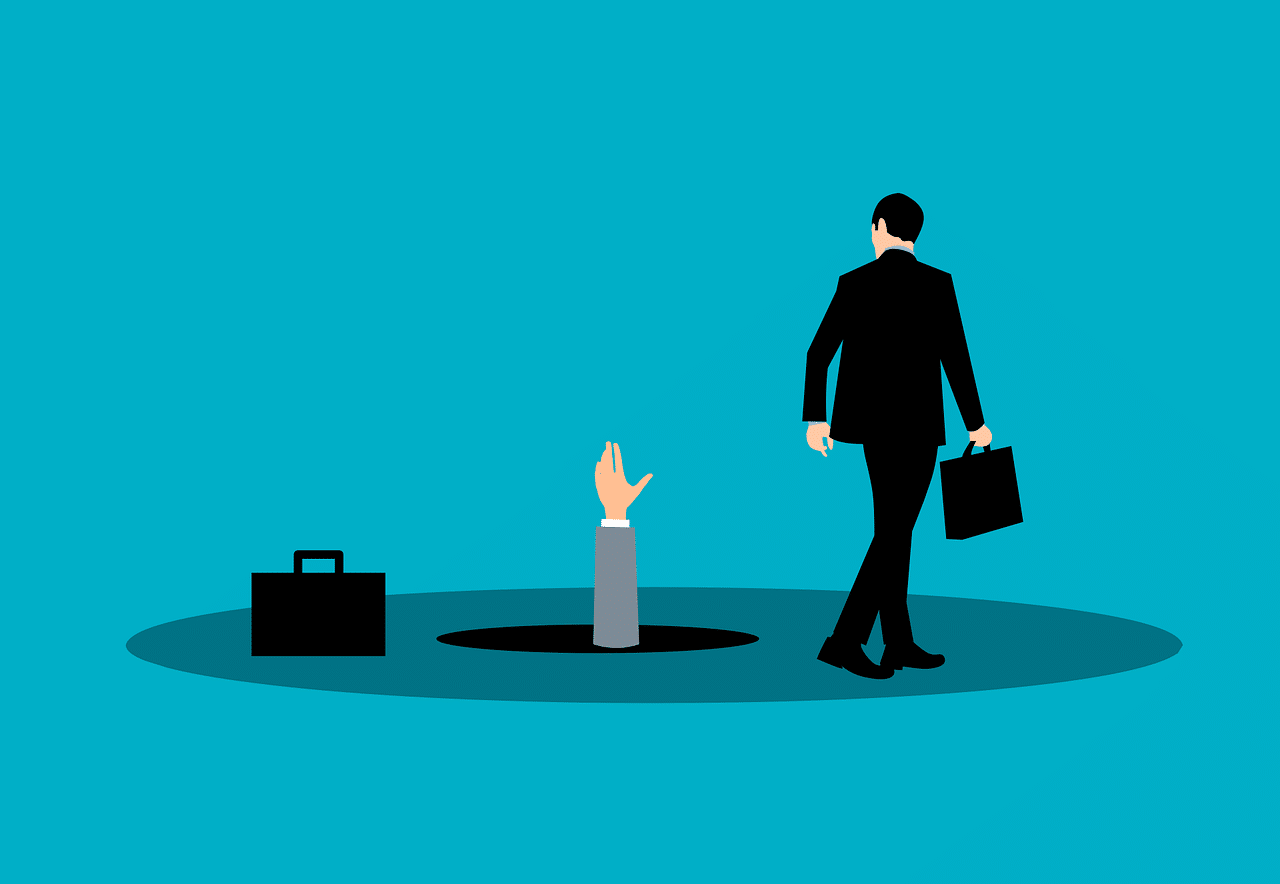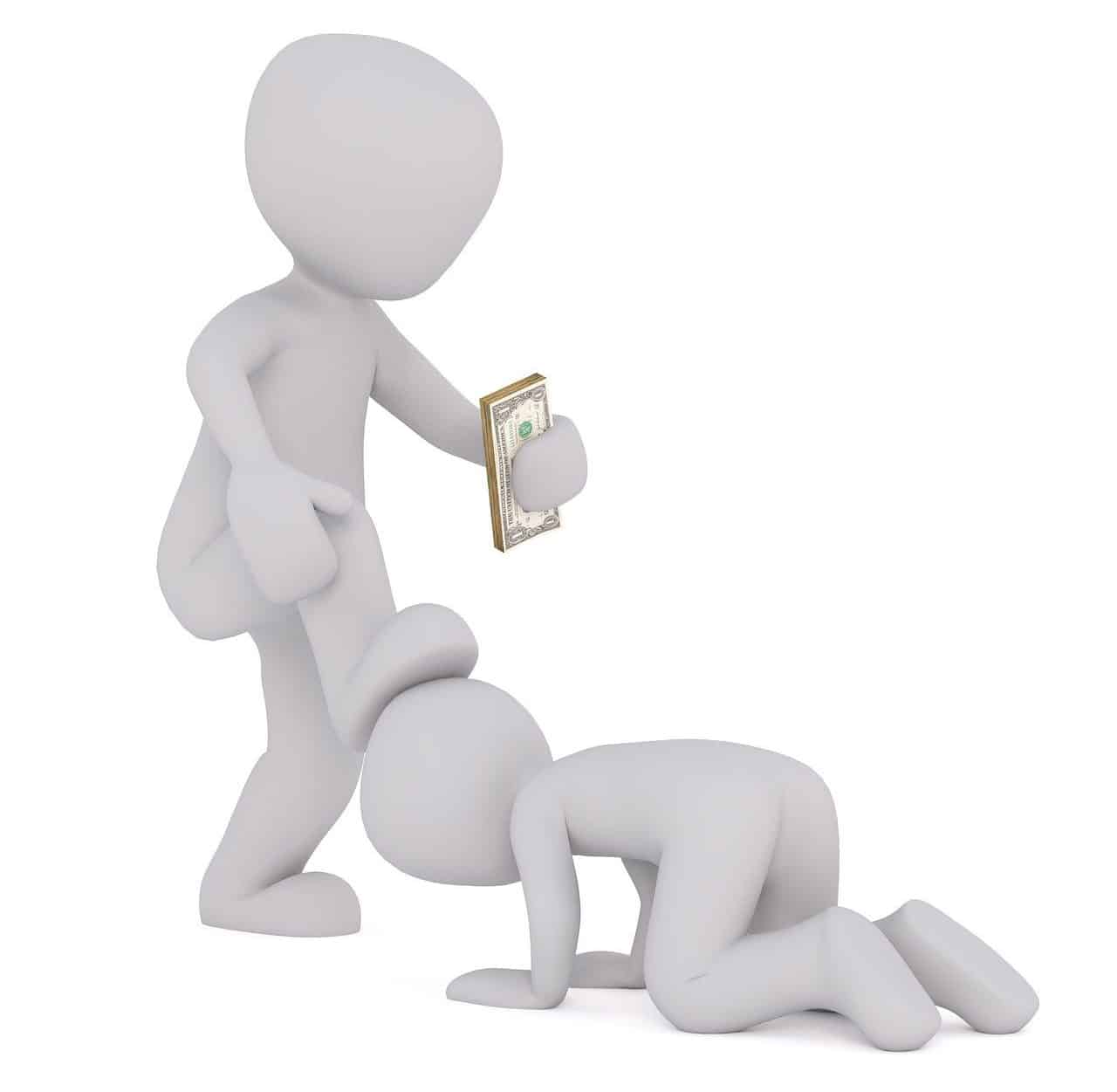
Liberalism opposes the welfare state.
Liberalism is a doctrine that is based on the defense of individual initiatives and that seeks to limit the intervention of the State in economic, social and cultural life.
It is a philosophical and political system that promotes civil liberties and opposes despotism . Representative democracy and republican principles are based on liberal doctrines.
Characteristics of liberalism
Although liberalism contemplates a wide variety of branches and currents, there are characteristics that are associated with this doctrine.
Focused on the economy, liberalism is closely linked to capitalism and is characterized by the autonomy of economic actors, free trade and the defense of private property as engines of progress. At the political level, it defends a rule of law with separation of powers. Regarding the social, it advocates individualism and self-determination of people.
Of course, in practice there is no sharp division between economics, politics and the social. The three dimensions are interrelated, so a regime based on liberalism contemplates all three facets.
Freedom of expression , freedom of the press and freedom of religion are three pillars of liberalism, which proposes the existence of a minimal State based on the idea of laissez-faire ( "let things be done" ).
It cannot be omitted to mention that, in practice, this open society that liberalism defends is difficult to build and maintain. Even for a representative government that calls itself liberal.
Thus, in a republic governed by the Liberal Party , the authorities may show little tolerance for opposition journalism or set aside secularism to invoke divinities when justifying their actions. Another possibility is that free competition in the economy is not such due to the existence of monopolies.

It is common for liberalism to be associated with democratic capitalism and consumer society.
Its origins
Regarding the history of liberalism, we can say that it covers approximately the four most recent centuries, with its beginning around the French Revolution , as a general doctrine or movement that sought to respond to the religious wars that had taken place on the continent. European throughout the 16th and 17th centuries . In any case, it is necessary to point out that its most remote antecedents are found in the Middle Ages , which spanned approximately a millennium, between the 5th and 15th centuries .
The intellectual foundations of liberalism are due to the work of the philosopher John Locke , one of the most important English thinkers of the 17th century . One of the points to highlight was that he strongly promoted the Enlightenment , the intellectual and cultural movement born in the mid- 1800s with the purpose of questioning the pre-existing traditions of governments and the people. The union of these and other ideas gave rise to the emergence of strong movements of a revolutionary nature that put an end to several outdated regimes in many countries, especially in Europe , Latin America and North America .
Only in the mid- 18th century with the Revolution of the Thirteen Colonies (also known as the American Revolution ), a decolonization process that involved several changes that led to the emergence of the nation we know today as the United States of America , was He glimpsed the first solid manifestation of liberalism, which a short time later acquired a global reach to oppose the old order in the context of the French Revolution .

There is a radical liberalism that seeks to destroy the State.
Types of liberalism
Although liberalism is often spoken of as a uniform whole, it is possible to distinguish between different types of liberalism. Economic liberalism (promoted by thinkers such as Adam Smith – creator of the famous work “The Wealth of Nations” – and David Ricardo ) is the most widespread since it is defended by large corporations and the strongest economic groups. It is based on limiting state interference in commercial relations, enacting tax reductions and eliminating regulations .
Economic liberalism believes that, with this non-interventionism of the State, equality of conditions is guaranteed and a market of perfect competition is established. The lack of State intervention in this free market, however, does not allow social assistance (subsidies are cancelled, for example).
Social liberalism , for its part, defends freedom in the private conduct of individuals and in their social relationships. The legalization of drug consumption is supported by social liberalism since it would be located in the orbit of individual rights.
Political liberalism (promoted by Montesquieu, Voltaire and other thinkers), in turn, hands power to citizens, who elect their representatives freely and sovereignly. State officials, therefore, are elected by the popular power of democracy .
Each of these doctrines of liberalism, of course, has variants and more or less staunch defenders of the freedoms promoted.
The classical current
We speak of classical liberalism to group the political ideas that appeared throughout the 17th and 18th centuries , and in fact the aforementioned Locke is considered the father of this phenomenon that opposed the absolutism of power, the privileges of aristocrats. since the State intervened in civil issues.
Classical liberals respected the free market and civil rights above all. With the arrival of the 21st century , many countries support liberal democracies, where we find concepts such as pluralistic society and free elections.
In this context, in the 1970s the so-called neoliberalism emerged, which reached a great height with globalization . This current that defends market deregulation, privatization and adjustment to reduce public spending is based on postulates of economists such as Friedrich von Hayek , Milton Friedman and Ludwig von Mises .
